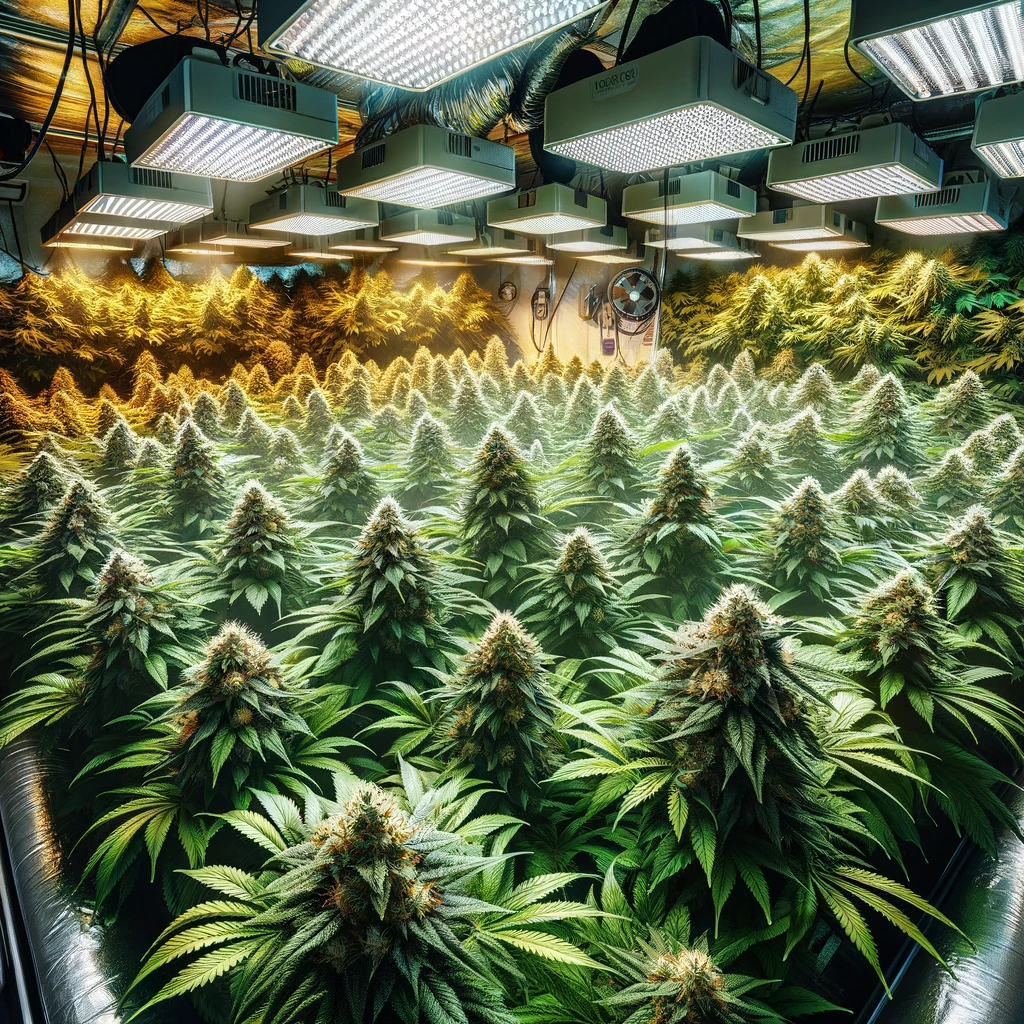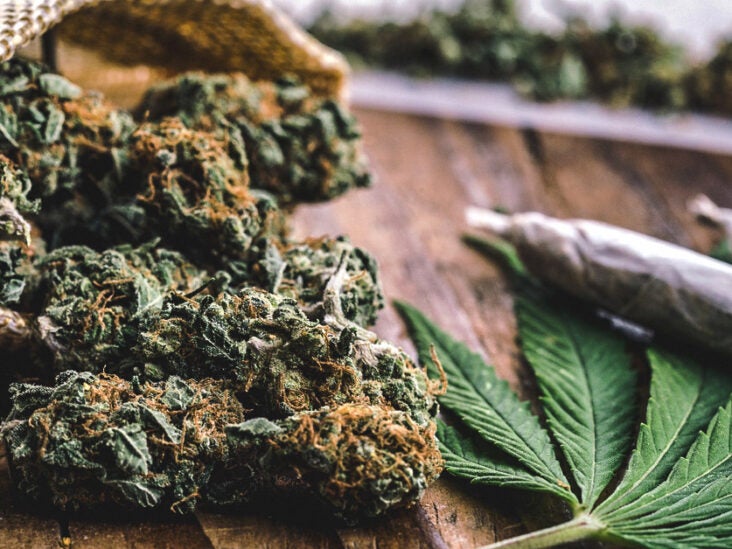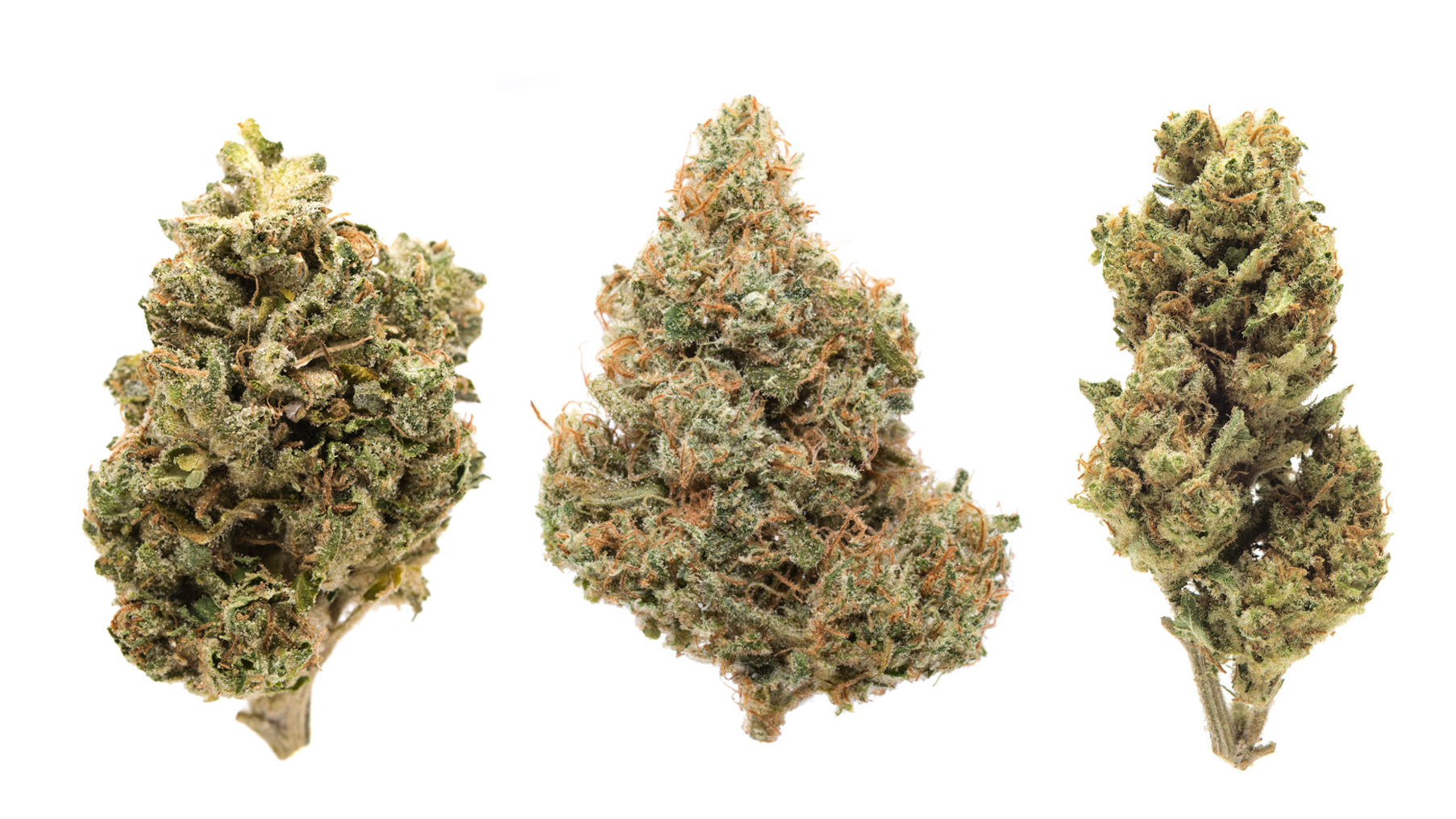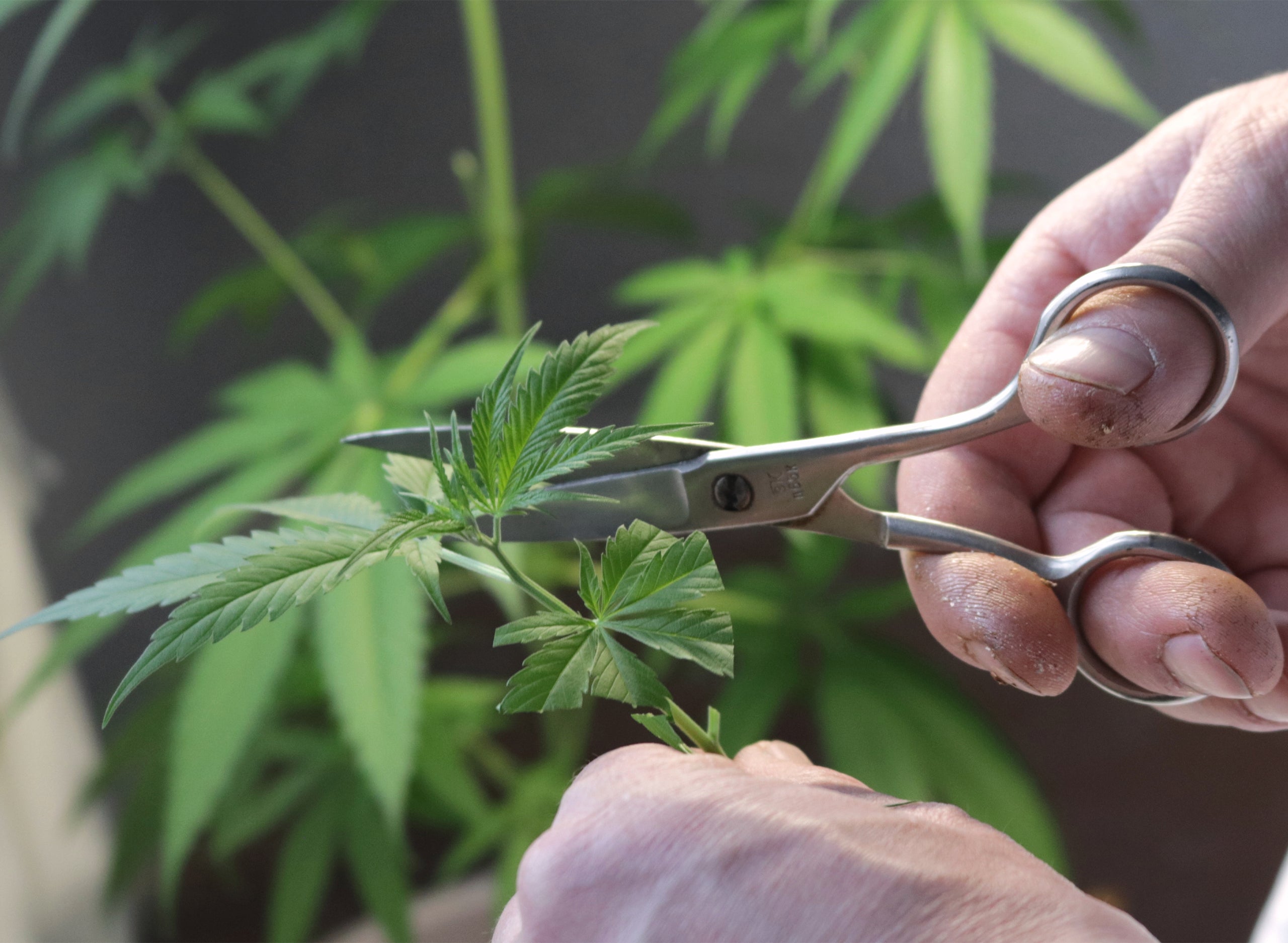
Cannabis cultivation has come a long way from its clandestine past to a legitimate and regulated industry. Among the various techniques that have revolutionized the cultivation process, the use of cannabis clones stands out as a powerful method for ensuring consistent quality and desirable traits. In this comprehensive guide, we delve into the world of cannabis clones, exploring their benefits, methods of production, and essential tips for success.
Understanding Cannabis Clones
A cannabis clone is a cutting taken from a mature cannabis plant that possesses the same genetic makeup as the parent plant. Essentially, the clone is an exact genetic replica, allowing cultivators to reproduce specific strains with identical characteristics. This is particularly valuable for preserving the unique features of highly sought-after strains, including flavor profiles, potency levels, and growth patterns. For enthusiasts looking to explore or grow their collection, resources like ‘Dubai Vape Shop: buyvapedubai.com‘ can provide a range of options for acquiring cannabis clones and related products in Dubai.
Benefits of Cannabis Clones
1. Genetic Consistency: One of the most significant advantages of using cannabis clones is the preservation of genetic consistency. When a grower finds a particularly robust or desirable plant, creating clones ensures that the same traits are passed on without the genetic variation that can occur with seeds.
2. Faster Growth: Clones skip the germination phase, which can save valuable time in the cultivation cycle. They are already established plants that can immediately be transplanted, allowing for an expedited growth process.
3. Predictable Results: With clones, cultivators can expect predictable results in terms of plant structure, yield, and cannabinoid content. This reliability is crucial for both commercial growers and those seeking specific medicinal effects.
4. Maintaining Traits: Some cannabis strains are sensitive to changes in environmental conditions. Cloning allows growers to maintain the unique traits of these strains without the risk of genetic drift caused by crossbreeding.
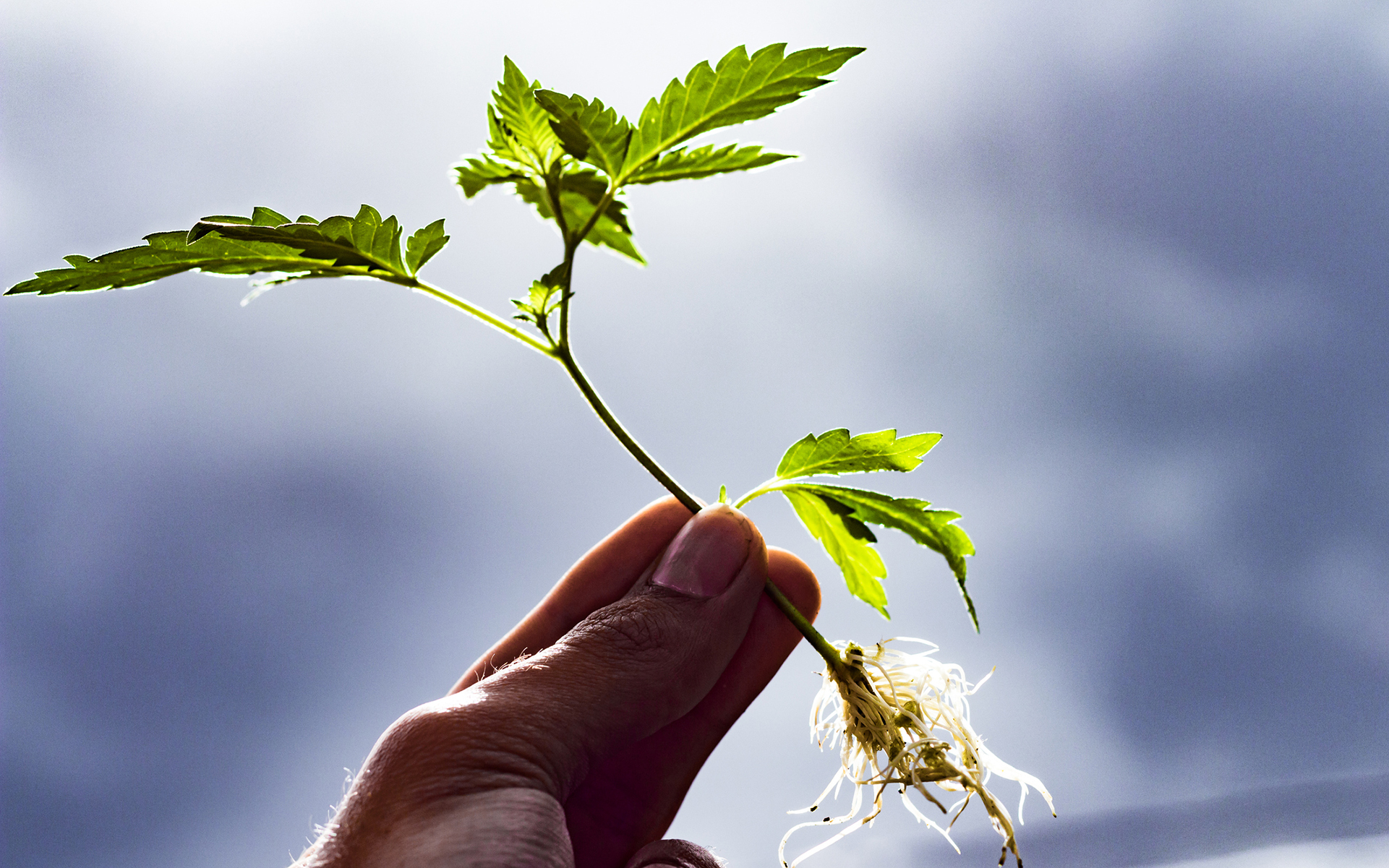
The Cloning Process
Producing high-quality cannabis clones requires precision and care. Here’s a step-by-step breakdown of the cloning process:
Selecting the Mother Plant: Choose a healthy and robust mother plant with the traits you wish to preserve. The mother plant should be free from pests and diseases.
Preparing the Environment: Set up a clean and controlled environment with proper lighting and temperature. This ensures optimal conditions for successful clone development.
Taking the Cutting: Use a sterile, sharp blade to take a cutting from the mother plant. The cutting should have at least one set of leaves and a growing tip.
Rooting Hormone: Dip the cut end of the clone into a rooting hormone. This promotes root development and increases the chances of successful cloning.
Planting the Clone: Place the clone into a growing medium such as rockwool cubes or peat pellets. Keep the medium consistently moist but not waterlogged.
Provide Humidity: Cover the clones with a humidity dome or plastic wrap to maintain high humidity levels, which aids in root development.
Transplanting: Once roots have developed, typically within 2-3 weeks, transplant the clones into their final growing containers with appropriate soil or hydroponic setup.
Tips for Successful Cloning
1. Sanitation is Key: Maintain a sterile environment throughout the cloning process to prevent the introduction of pathogens that could harm the clones.
2. Consistent Environment: Fluctuations in temperature, humidity, and light can stress the clones. Keep these factors stable to ensure optimal growth.
3. Quality Cutting: Ensure that the cutting has a healthy set of leaves and is taken from the right location on the mother plant.
4. Rooting Medium: Choose a high-quality rooting medium that provides good aeration and moisture retention.
5. Patience and Monitoring: Clones require patience and careful monitoring. Regularly check for root development and any signs of stress or disease.
Conclusion
Cannabis clones are a remarkable tool in the hands of skilled cultivators, offering the ability to replicate desired genetic traits with precision. By understanding the cloning process and following best practices, cultivators can unlock consistent results, faster growth, and the preservation of unique strain characteristics. As the cannabis industry continues to evolve, the art and science of cloning remain invaluable for those seeking to produce top-tier cannabis products.


